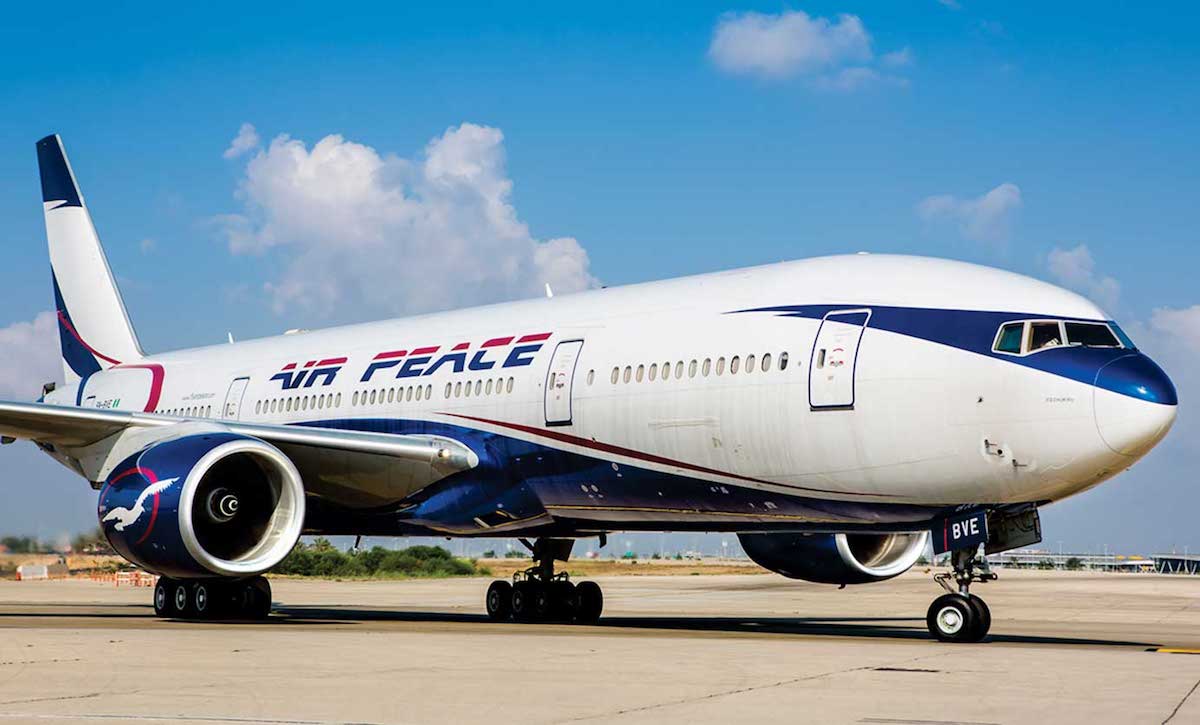Air Peace’s Prudent Decision: A Testament to Aviation Safety Standards

By Laolu Thomas
In April 2025, Nigeria’s aviation sector faced a significant challenge when the Nigerian Meteorological Agency (NiMet) embarked on an industrial action, halting the provision of critical meteorological services essential for flight operations. Amidst this disruption, Air Peace, Nigeria’s largest carrier, made the conscientious decision to suspend all flight operations nationwide, citing safety concerns due to the unavailability of NiMet’s services. This move, though disruptive to passengers and operations, underscores a commitment to safety that aligns with both national and international aviation standards.
NiMet’s role in aviation is indispensable. The agency provides real-time weather forecasts, wind patterns, visibility reports, and other meteorological data that are crucial for flight planning and safe operations. The absence of such data can compromise flight safety, especially during Nigeria’s rainy season, characterized by heavy rainfall and thunderstorms. Air Peace’s decision to ground its fleet was not merely a precaution but a necessary step to ensure the safety of passengers and crew.
The importance of NiMet’s services is further emphasized by the Minister of Aviation and Aerospace Development, Senator Festus Keyamo SAN, who stated, “services that NiMet provides are indispensable in aviation” and that “it is unsafe to fly without their services.” This acknowledgment from the highest levels of aviation oversight reinforces the critical nature of meteorological data in ensuring flight safety.
Internationally, the International Civil Aviation Organization (ICAO) mandates the provision of meteorological services for international air navigation. ICAO’s Annex 3 outlines the standards and recommended practices for meteorological services, emphasizing their role in the safety, regularity, and efficiency of air navigation. Operating flights without access to official meteorological data not only contravenes these standards but also exposes airlines to significant risks.
While some domestic airlines continued operations during the NiMet strike, relying on alternative weather data sources, this approach raises concerns. The Association of Professional Meteorologists of Nigeria criticized such practices, highlighting the dangers of using unverified sources for weather information. Moreover, reliance on unofficial data could have implications for insurance coverage, as policies often stipulate adherence to official protocols and data sources.
Air Peace’s decision, though financially taxing—reportedly resulting in losses of about N3 billion—demonstrates a prioritization of safety over profit. This stance garnered commendations from international aviation organizations, lessors, and insurers, recognizing the airline’s commitment to upholding safety standards.
In conclusion, Air Peace’s suspension of flight operations during the NiMet strike reflects a deep-seated commitment to safety and adherence to both national and international aviation standards. In an industry where the margin for error is minimal, such decisions, though challenging, are essential in maintaining the trust and safety of the flying public.
Mr Thomas is an Aviation PR Practioner writing from Lagos







